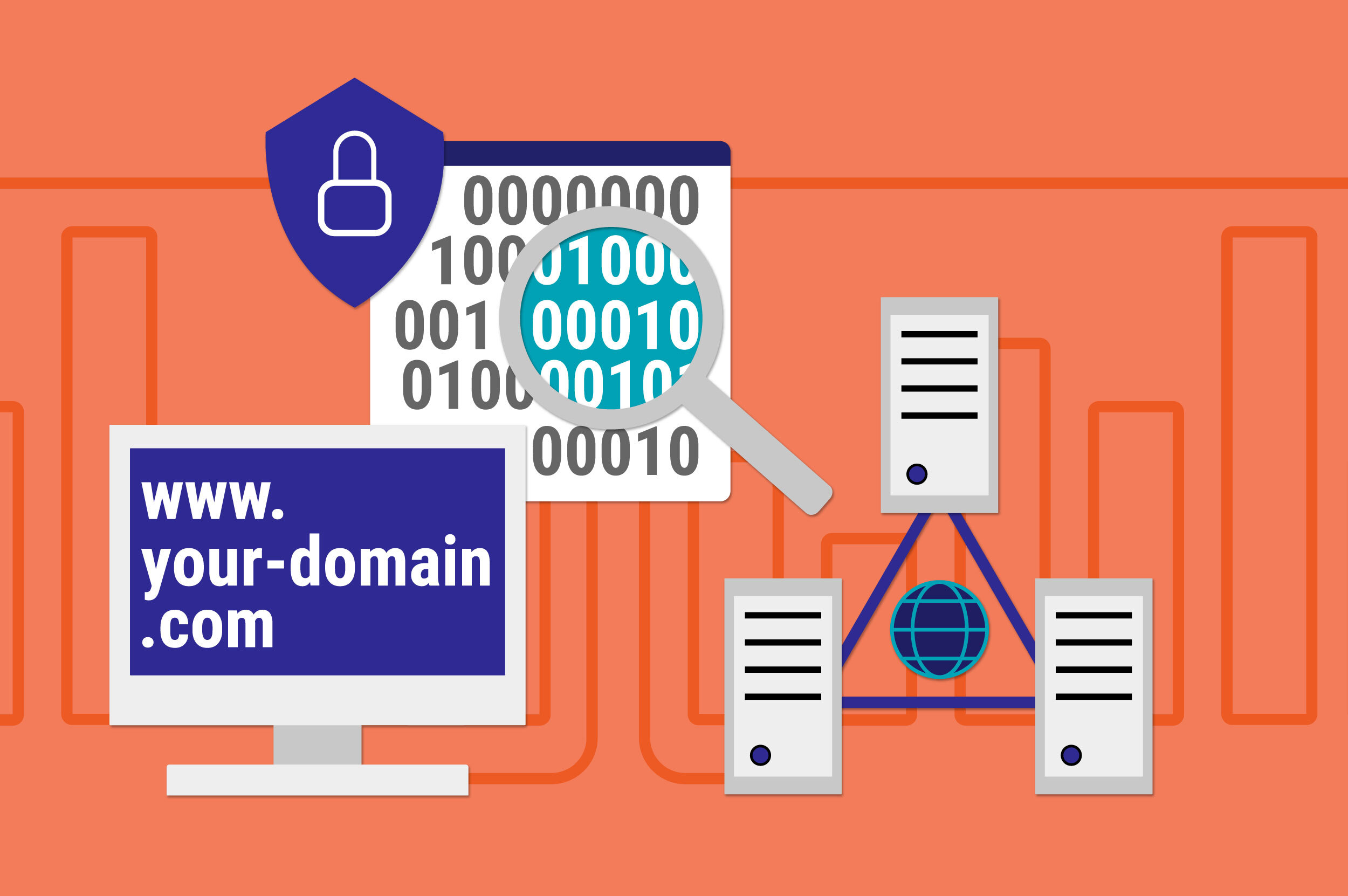Something to Celebrate
Brownboots launches a fresh new website for Farmers National Bank in Ohio.

9/21/22
The financial industry is fraught with acronyms. Members of the marketing department must also navigate the abbreviations and jargon of their chosen field as well.
However, few things intimidate a bank marketer like the esoteric terminology of information technology (IT).
When we talk to marketers about their BrownBoots bank website, we often hear the same thing when it comes time to discuss the details about website hosting: “I’ll just pass this along to IT.”
Fortunately, you don’t have to be an expert to understand the key features of our secure website hosting. Let’s take a step back from these confusing combinations of letters and explore the concepts behind each acronym — in plain English.
The SSAE-18 audit standard is a framework for reporting on an examination of controls at a service organization relevant to user entities’ control over financial reporting. Data centers that adhere to SSAE-18 are routinely audited to make sure they are following the guidelines.
If your website is hosted by a SSAE-18 compliant facility, you can rest assured the software and hardware — and the staff — meet the highest level of security expectations.
All of BrownBoots’ servers are housed in secure data centers that are SSAE-18 compliant, greatly limiting the likelihood of website interruptions. This solid foundation provides peace of mind that the website infrastructure won’t wilt at the first sign of trouble.
Content delivery networks are geographically distributed groups of servers that work together to provide fast delivery of internet content, including HTML pages, Javascript files, stylesheets, images and more. A CDN doesn’t store your data; it merely caches it.
Think of these network hubs as data shortcuts that put your website closer to your audience to improve performance without sacrificing security.
BrownBoots works with Sucuri to provide our bank websites with a dependable CDN that features five servers in the United States alone.
DDoS attacks are a form of cybercrime that involve flooding a server with requests to overwhelm the bandwidth or resources of the targeted system — typically one or more networked webservers — preventing users from accessing websites and other online services.
In a DDoS attack, malicious programs cripple a webserver so that it can’t keep up with anyone, including the browsers of your legitimate visitors. The goal is simply to “crash the website.”
BrownBoots’ secure web-hosting solutions feature DDoS mitigation so that these attacks can’t easily knock the webserver out of commission. The CDN described above is one such method for subverting these attacks.
The DNS translates domain names into IP addresses, which a visitor’s browser uses to load webpages. A DNS server functions like a database that pairs up the public IP addresses associated with the website and the domains that have been registered specifically for that site.
A DNS pairs up your domain (e.g. example-bank.com) with the stream of numbers that identifies the webserver hosting the actual data of the website. Like the domain itself, the DNS must be hosted and managed by someone.
We encourage banks to manage their own DNS, with BrownBoots providing support, because it gives financials complete control of their domains. This setup gives banks the ability to quickly update individual records, identify and prioritize mail servers where email should be delivered to, and prove ownership of a domain to other entities, such as Microsoft. Of course, if clients would prefer for us to manage their DNS (and/or their domains) on their behalf, we’re happy to help!
The SSL protocol establishes authentication between networked computers. This encryption-based security setup ensures privacy and data integrity in internet communications. A website that implements SSL shows “https” — rather than the less secure “http” — in its URL.
SSL certificates are a must for bank websites not only because of the encryption that protects your customers, but also because search engines like Google demand it, severely penalizing websites that don’t have one.
Virtually every legitimate website today runs with an SSL certificate, and BrownBoots bank websites are no exception. We, along with Sucuri, manage the renewals so that our banks don’t have to worry about it, which is really at the core of all the technology we leverage:
Putting the right protocols and processes in place makes everyone’s life a little easier — IT professionals, marketers and, of course, your customers.
Brownboots launches a fresh new website for Farmers National Bank in Ohio.
A new website for The Dolores State Bank showcases their updated branding and their community.
Capitol Bank of Wisconsin and Security National Bank of Nebraska are both new additions to the ever-growing BrownBoots roster of clients.